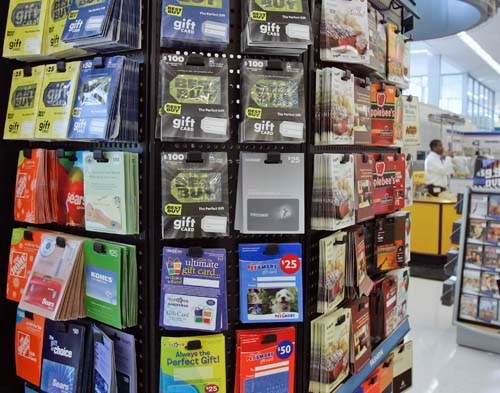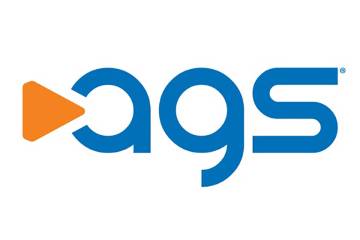It pays to be careful about gift cards
It's probably impolite to ask about the pedigree of a gift puppy, but it's smart to check out a gift card before setting it aside.
Retailers and banks often charge fees on gift cards for inactivity. And gift cards also can expire, making them worthless. Both state and federal rules give consumers some protection from these gotcha provisions, but it pays to be careful, according to Consumers Union.
"If you get a gift card, use it. Spend it right away," recommended Suzanne Martindale, an attorney and associate policy analyst at Consumers Union.
She suggested that givers consider whether it wouldn't be better to give cash or a check before plunking down money for a gift card.
Fees can eat into the value of a gift card, she said. Gift cards may become worthless if a retailer files for bankruptcy and the card holder fails to file a timely claim with the bankruptcy court, she said. (Does anybody want a Circuit City gift card?)
The Federal Reserve Board in August took the sting out of some of those gift card disadvantages. The new rules, which were required by the Credit Card Act of 2009, ordered that gift cards cannot expire for five years. The rules also prohibit gift card issuers from charging an inactivity fee for 12 months. If a card holder uses part of the card's value for a purchase, the 12-month timetable starts again before inactivity fees may be charged, Martindale said.
Many states have imposed their own rules that add another level of consumer protection above the floor set by the Fed's rules.
Nevada bans any fees within the first year, according to Consumers Union. No fees may exceed $1 month. Inactivity fees cannot start until the cards have been unused for three years. However, the Nevada rules apply only to single retailers.
To make things even more confusing, the feds allowed gift card issuers to continue selling an existing inventory of gift cards that display obsolete rules.
Two kinds of gift cards can be obtained. One variety comes from a specific retailer and can only be spent at that retailer. The other comes from a bank, typically has the Visa or MasterCard logo, and can be used for purchases from numerous merchants. Bank cards often are sold online and at convenience stores.
Businesses now are offering a new variety, the virtual or e-gift card. There's no plastic, just a code. Internet retailers often tout e-gift cards.
E-gift cards are handy for people who wait until the last minute, Martindale said, because they can be purchased on Christmas Day and made available immediately to the recipient.
"The e-gift card, even if its not a plastic gift card, still has all the federal protections," she said.
Gift cards in general remain popular particularly among people who consider checks and cash tacky, Martindale said.
Bryan Wachter, spokesman for Retail Association of Nevada, said that consumers buy gift cards for two reasons: Convenience and the desire to let recipients pick their own gifts.
During the last two recession-racked Christmas shopping seasons, gift-givers were buying a lot of deeply discounted goods, he said. But this year, consumers seem to be switching back to gift cards.
The average consumer will spend $146 for gift cards this year, up 5 percent from $139 last year, the National Retail Federation reported. The average gift card amount increased to an average of $41.50 this year from $39 last year, a 6.4 percent jump.
Contact reporter John G. Edwards at
jedwards@reviewjournal.com or 702-383-0420.




























